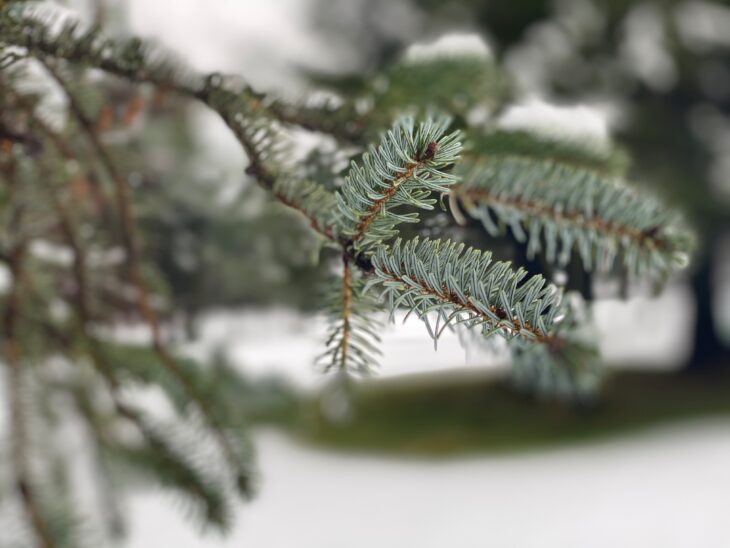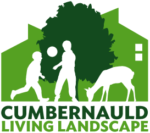Why not all trees are equal
,

Part of our work in trying to restore our local wildlife habitats is taking out some of the things that would not be there naturally. You may have seen our teams of Cumbernauld Living Landscape volunteers out and about removing such things – which can range from litter to invasive species of plants.
Some plants that are not native in Scotland cause very little disruption. But the problem with some non-native species is their inclination to become invasive. Everything in nature fits into a web that connects to other species, which helps maintain the balance of nature. However invasive species don’t fit into this web, and will upset this natural balance. With no local natural enemies like diseases or pests their populations tend to explode, swamping other native species. Invasive species can still support some of our native species but in comparison it’s very few.
Sitka spruce is a good, local example of this. These evergreen trees may be nice to look, but sadly they don’t make the best addition to a natural habitat. They are often grown for timber as they are fast growing and create a dense canopy of needles. However, spruce trees alter the make-up of the soil, making it less suitable for other trees and plants. They also block out light to the forest floor, making it more difficult for other species to grow. Compare this with our very own native Scots pine, whose needles are only concentrated in the top-most branches. Where these trees grow we still tend to see many other plants thriving under and around them.
Non-native species of trees and shrubs can be a very appealing addition to your garden for their exotic looks and sometimes bright colours, but often don’t benefit our birds and insects in the way that native species do. Scotland’s native species, for example heather and holly, are frequently much better for wildlife, and will also bring beauty to your garden. Choosing these over non-native plants will benefit the biodiversity around you. If you are planting non-natives it’s important to remember to properly dispose of your garden waste and keep an eye on any that may sneak out your garden to wild places.
